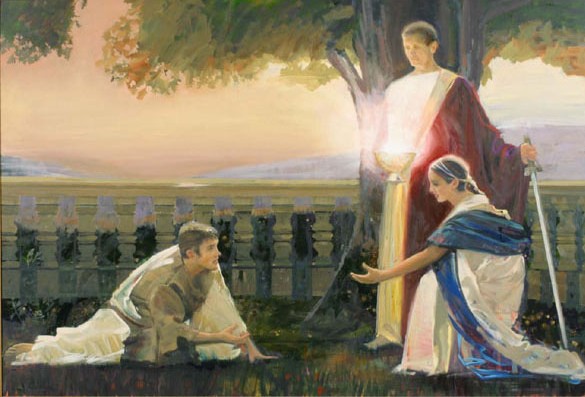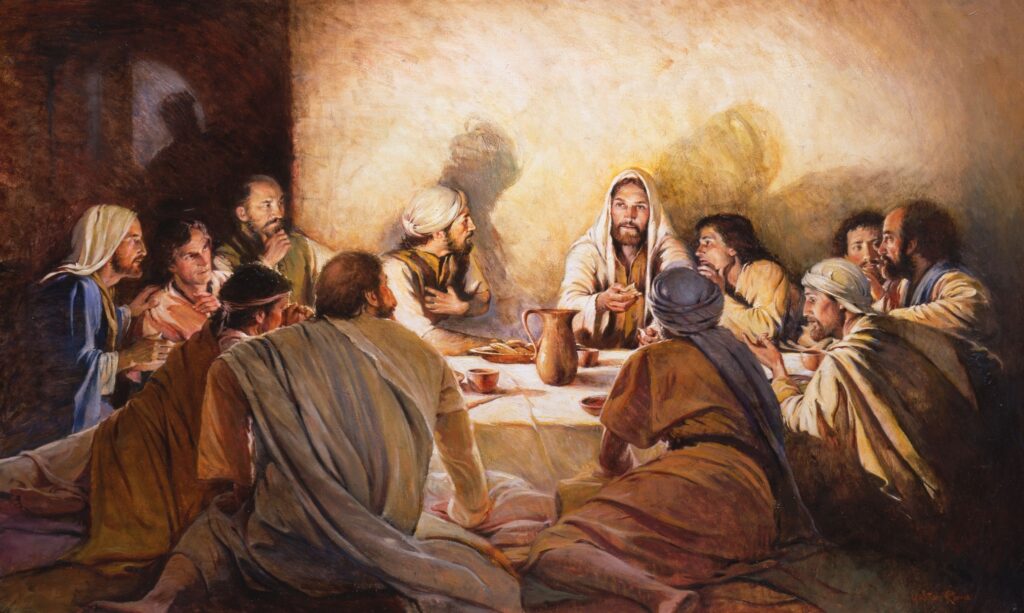I am trying to be more mindful of what I write online. My blog posts are going through a more rigorous editing process, with most posts simmering for days before I hit, “Publish.”
My religious posts have the most revisions because I want to share uplifting things well.
I understand that not everyone wants to read about church or God. I post religious content on my blog because I know that readers are here by choice. But occasionally, I post something religious on social media.
In May, I shared on social media a talk given by a general authority because it had been helpful to me. A friend left a comment explaining that the talk was hurtful. Both of us took time to communicate about the post in a respectful way. I love my friend, and I told him that his opinions won’t change that.
I was pretty sad that my friend found pain in something that has inspired me. I questioned whether I should have shared the talk, even though it was from a worthy source. I questioned my motives, weighing the pride behind my post against my good intentions. As I thought and prayed about this, I realized many things, and I want to share a few of those things here.
First, personal choices, experiences, and culture influence how people see the same things so differently, but religion is not inherently hurtful. The things that cause discomfort often indicate something we need to face about ourselves. I learned through this uncomfortable experience that pointing someone to the Source of truth is better than establishing truth or proving a point.
Second, there are poor, good, better, and best ways of sharing faith. I acted hastily, as I do sometimes, when I am trying to gain the courage to share. If I had paused, I might have been instructed by the Spirit to share the content differently. Still, God can work with my imperfect efforts. My post led someone to listen to something new. Who knows how this experience will affect my friend’s life moving forward. I hope something positive will come from this, even if it’s just knowing that I still care.
Third, the goal can’t be to please everyone. The goal is to be a light. I want to be a gentle, steady light, not a spotlight focused on myself, and never an interrogation lamp to accuse.
In 1834, the Lord gave some instructions about the Latter-day Saints’ behavior and words in the midst of opposition. While I don’t face the same level of opposition, I think that this is a good personal guide for expressing faith:
Be very faithful and prayerful, and humble before me…reveal [share] not the things that I have revealed…until it is wisdom in me.
Talk not of judgments, neither boast of great faith nor of mighty works…
And behold, I will give unto you favor and grace in their eyes, that you may rest in peace and safety.
Doctrine and Covenants 105:23-25
So, I gather my scattered courage, friends, as I keep trying to shine a light. Sending courageous wishes to you as you do the same. The Lord is working with us.
And they went forth, and preached every where, the Lord working with them, and confirming the word with signs following.
Mark 16:20




